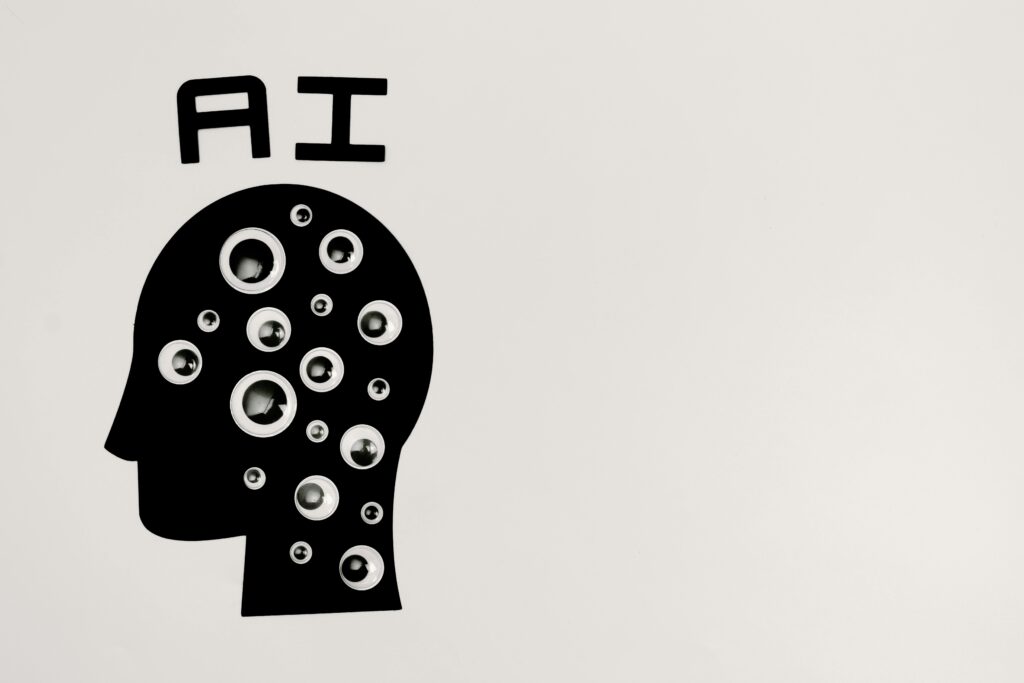Who knew AI would disrupt our lives so drastically that within just two years, it has permeated nearly every field of work and is now contributing more than the average employee? This transformation is clearly visible in our daily lives—most articles we read now have an AI touch, and many scientific fields are using AI extensively to achieve once far-fetched goals that are now within reach.
I was recently listening to a podcast where the host posed a fascinating question: “Would you be willing to merge with AI?” In other words, would I implant a chip in my brain to have direct access to AI without needing a phone or a computer? This question unraveled a cascade of thoughts within me, leaving me sitting there for hours, just contemplating.
Would I be okay merging with AI? Would I be comfortable giving an AI access to my brain and thoughts? The short answer is no.
If I can already access AI through my phone in mere seconds, why would I need a brain implant just to reduce that response time to a fraction of a second? What’s the rush? More importantly, such a merger would be the greatest breach of privacy I can imagine. Right now, someone can learn a lot about me just by looking at my browser history—a violation that is already concerning. How, then, could I allow an AI to read my thoughts, process them, and even learn from them in real time?
The common counterargument is that AI would only read what we allow it to, similar to how voice assistants like Alexa function. But even though Alexa only acts on specific commands, it must always be listening to detect those commands. So, in essence, it is always on. This raises serious concerns about privacy and control.
As I pondered the potential dangers of AI, I also couldn’t ignore its immense benefits. AI has accelerated scientific progress and innovation in ways we couldn’t have imagined a few years ago. It is transforming industries, solving complex problems, and making life more convenient. Every major invention that has reshaped humanity has had both positive and negative sides. It has always been up to us to decide how we wield its power.
For now, like many others, I remain skeptical about allowing AI inside my mind. As of today, my mind is closed to AI.



